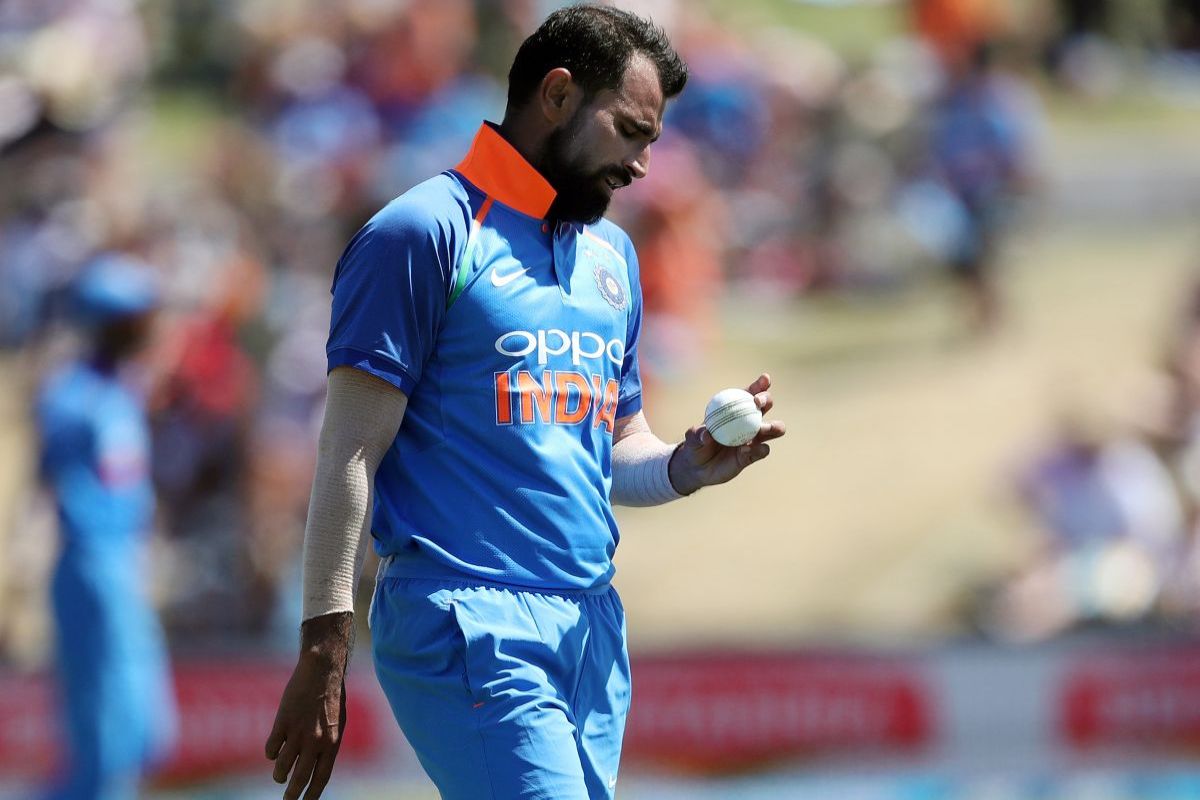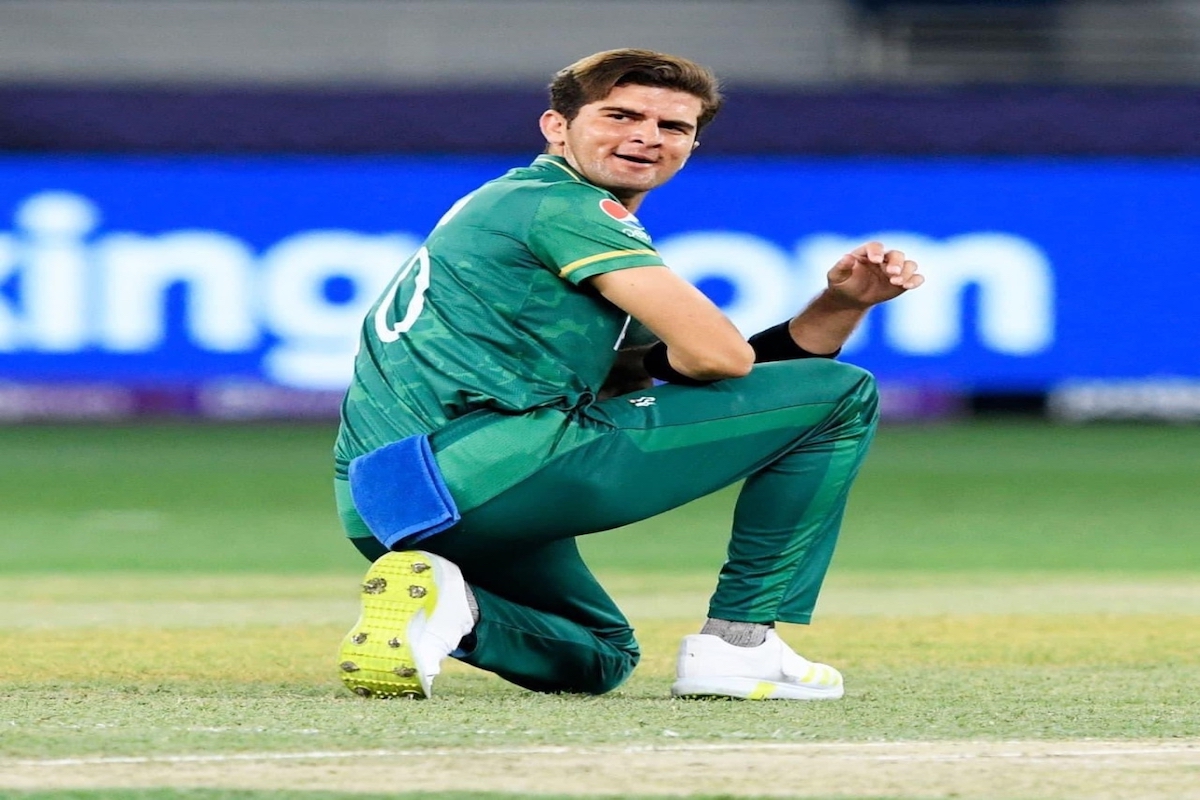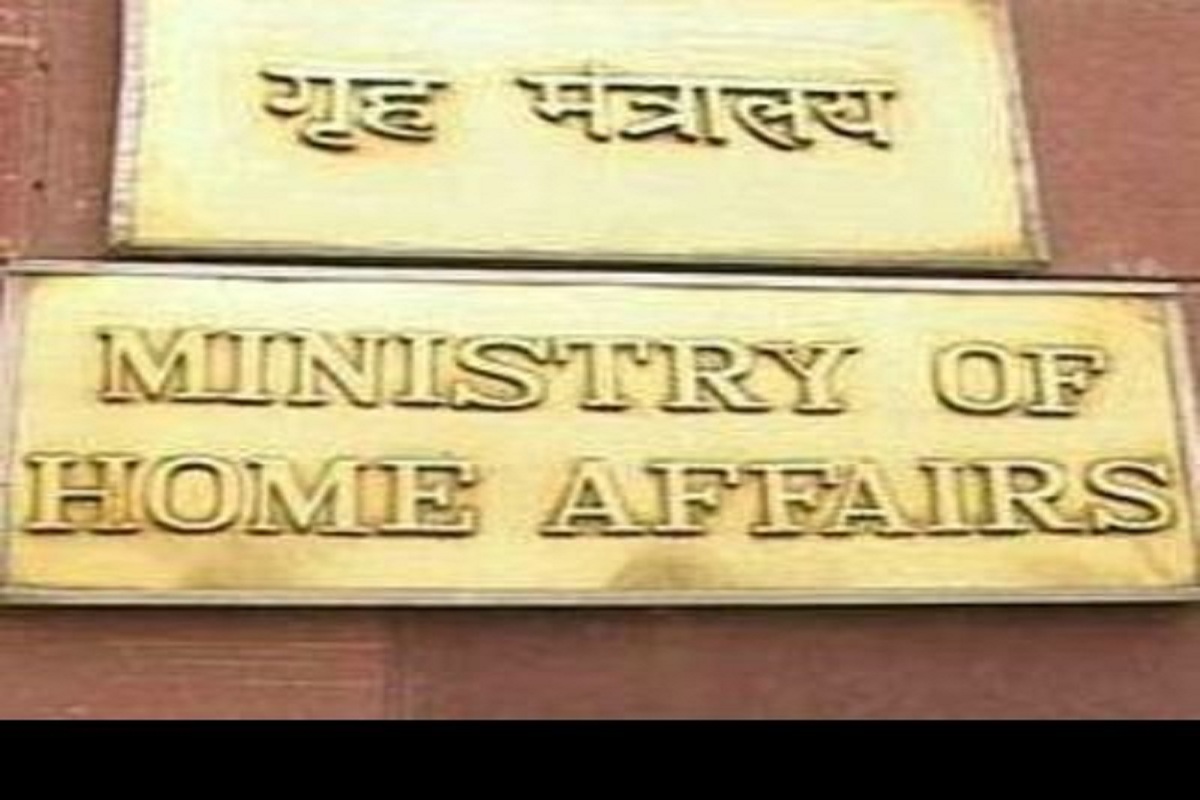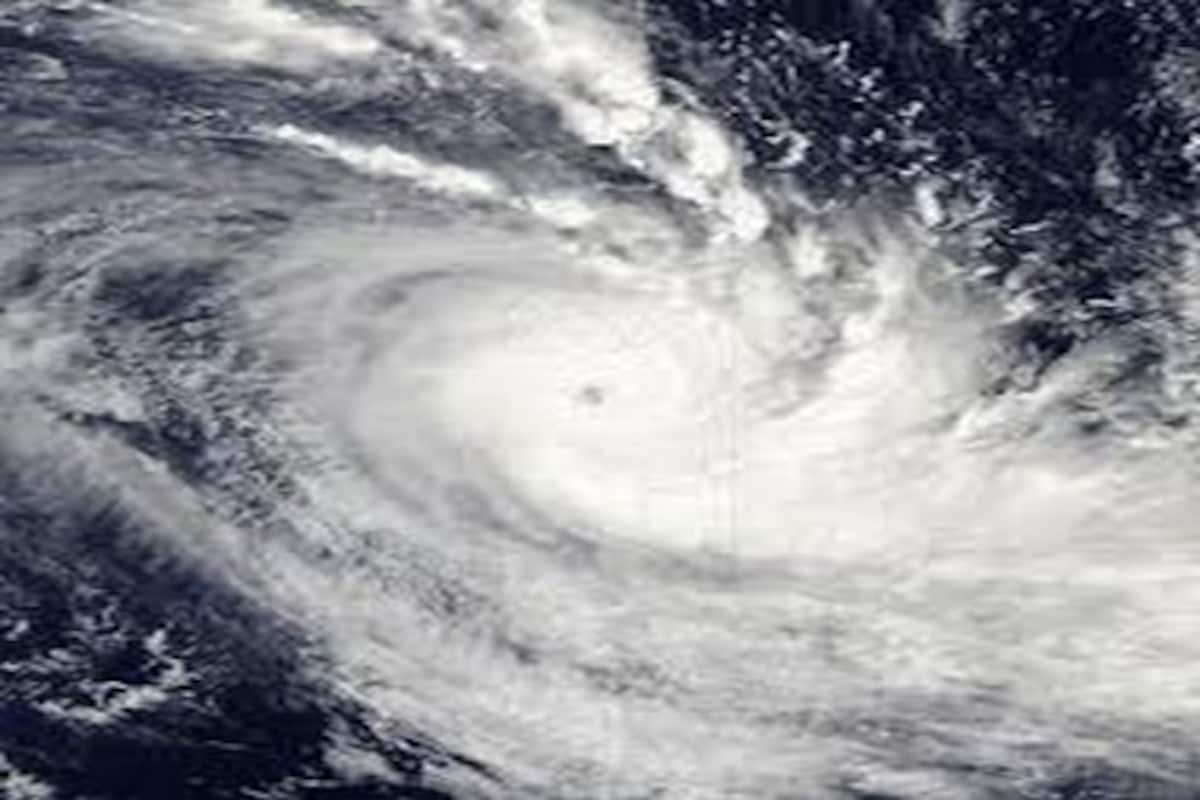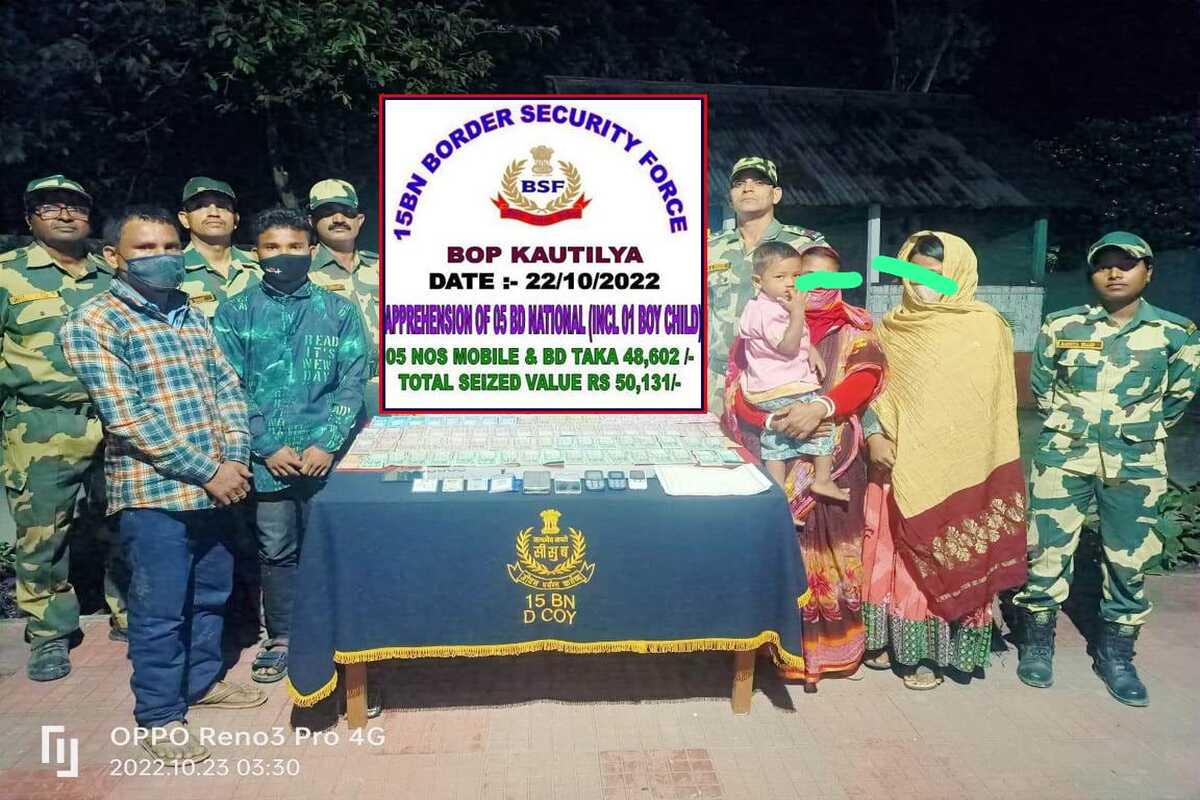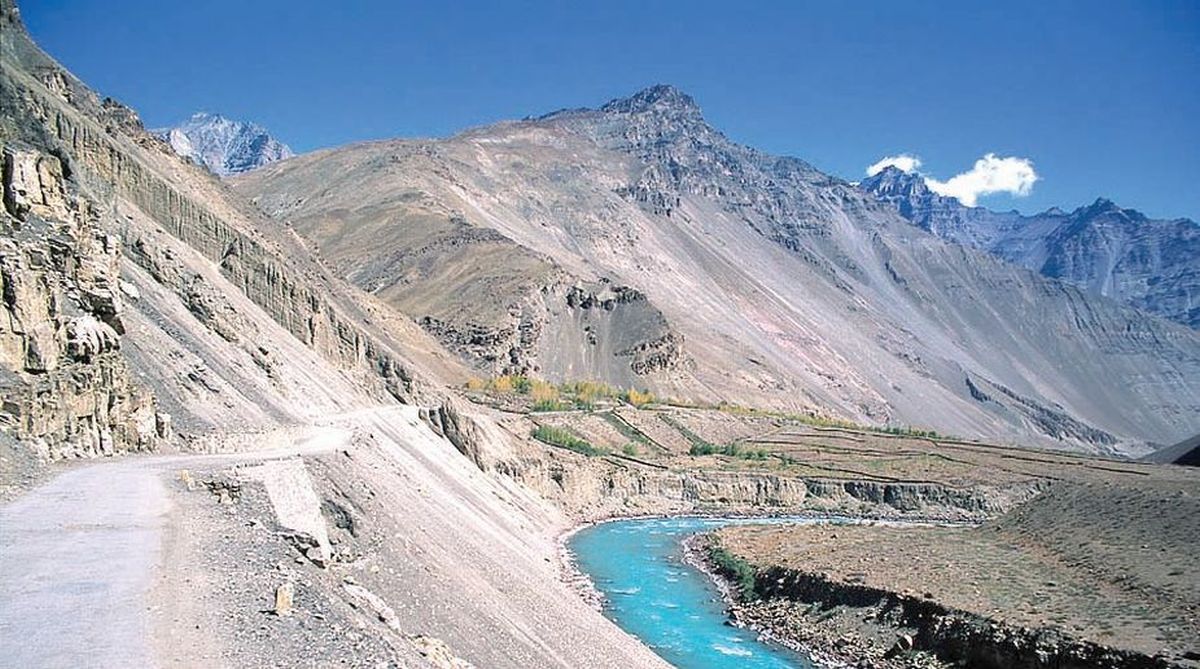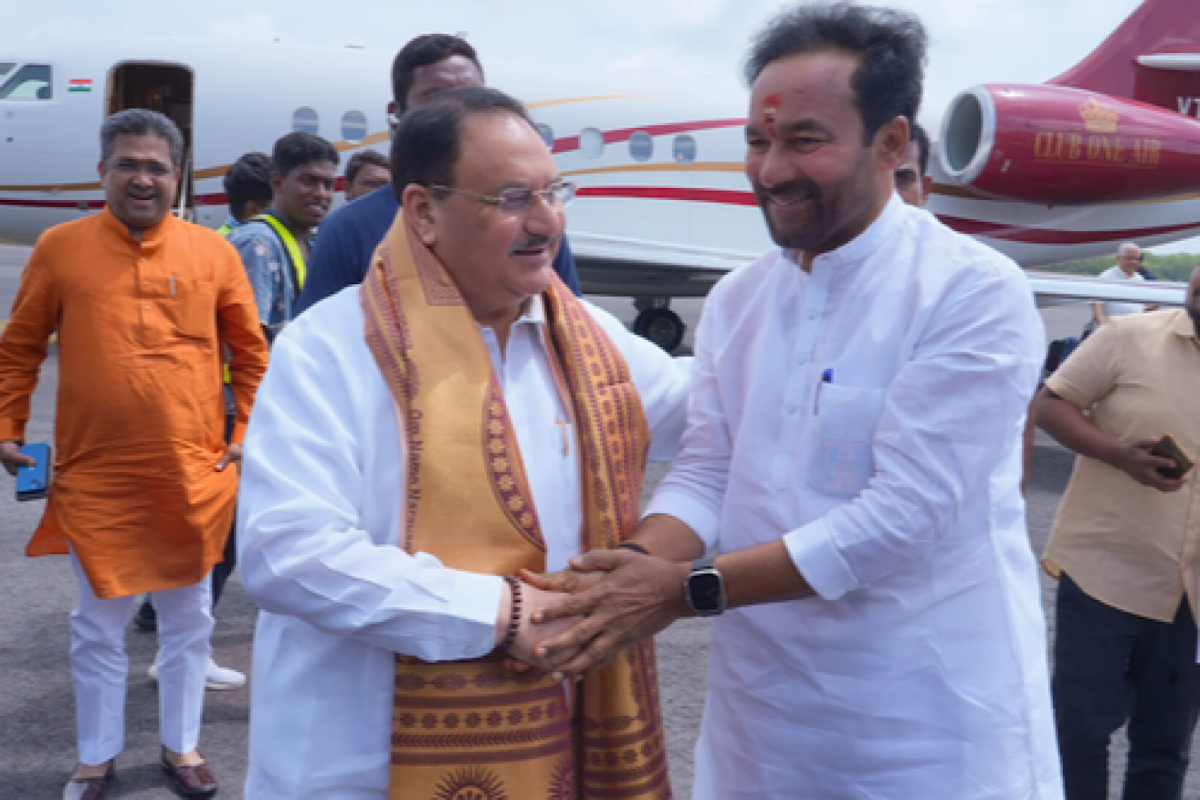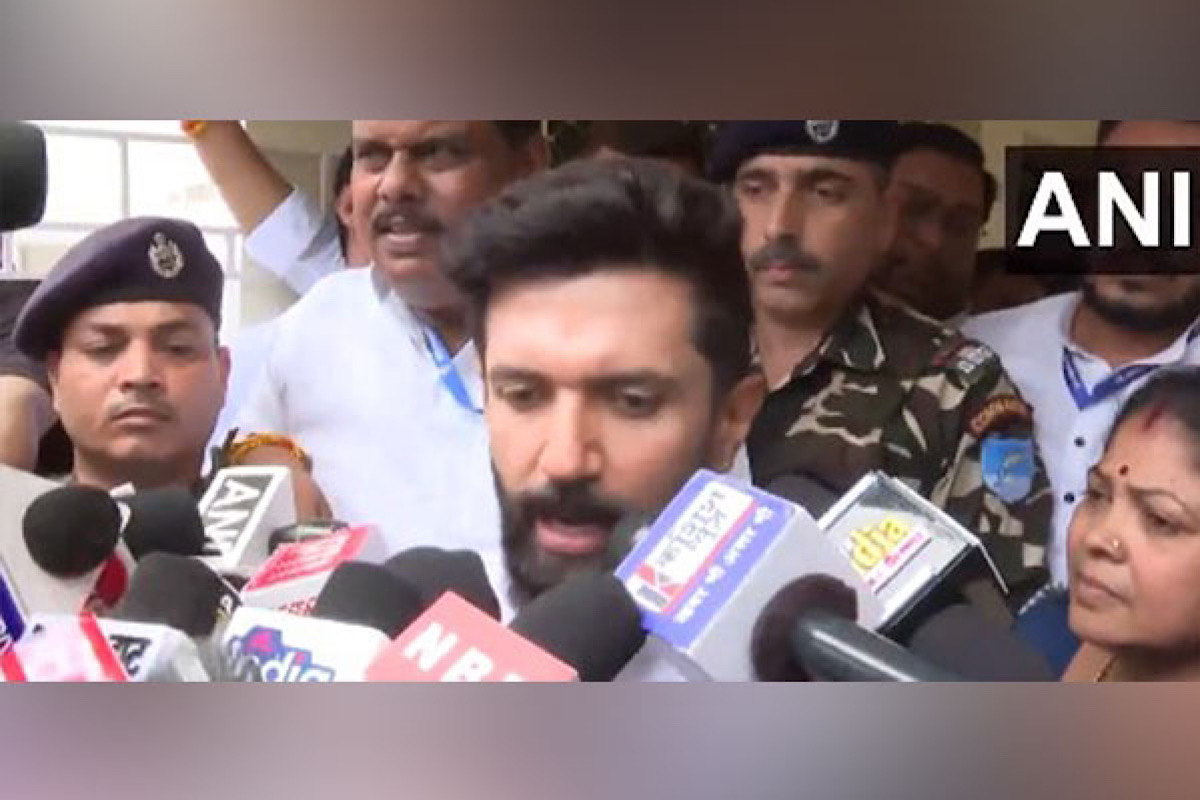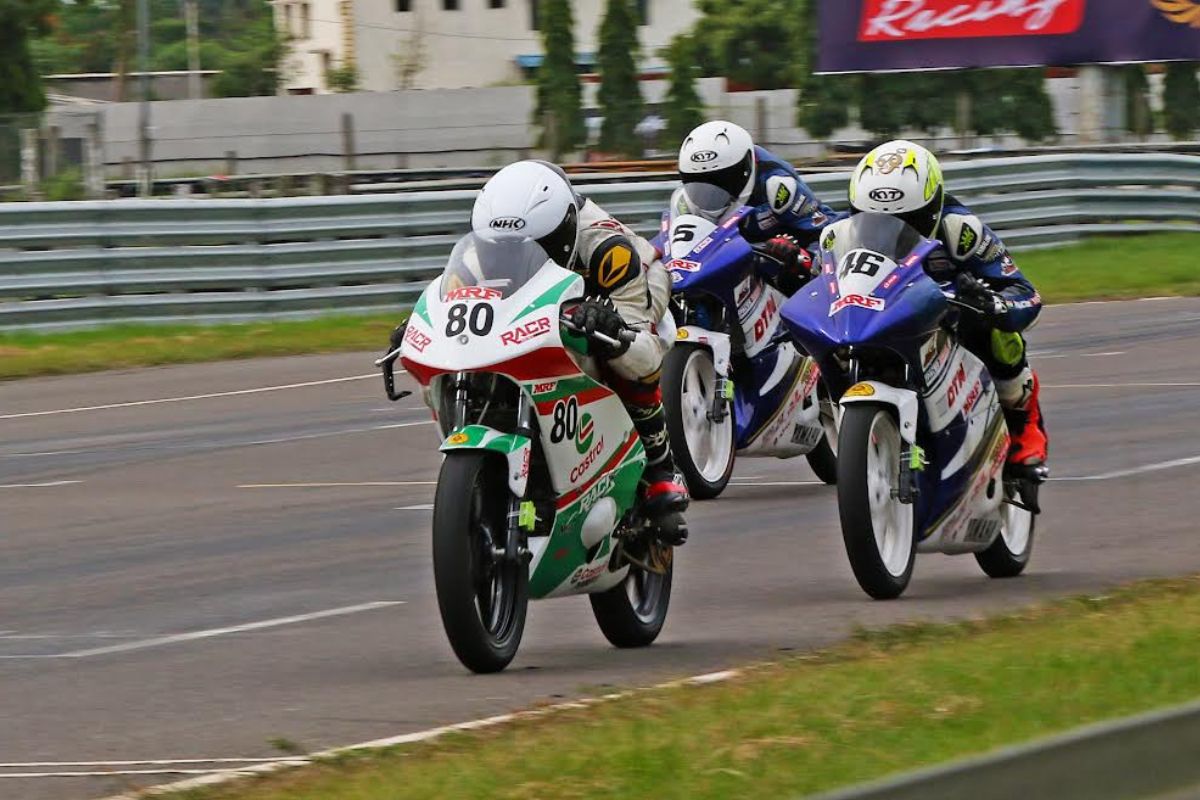Pressure mounts on Bangladesh Home Affairs Advisor to resign
Jahangir Alam Chowdhury, the Home Affairs Advisor to the interim government in Bangladesh, on Monday played down the worsening law and order situation in the country, claiming that only few "minor incidents" have taken place and the security situation remains "satisfactory".




